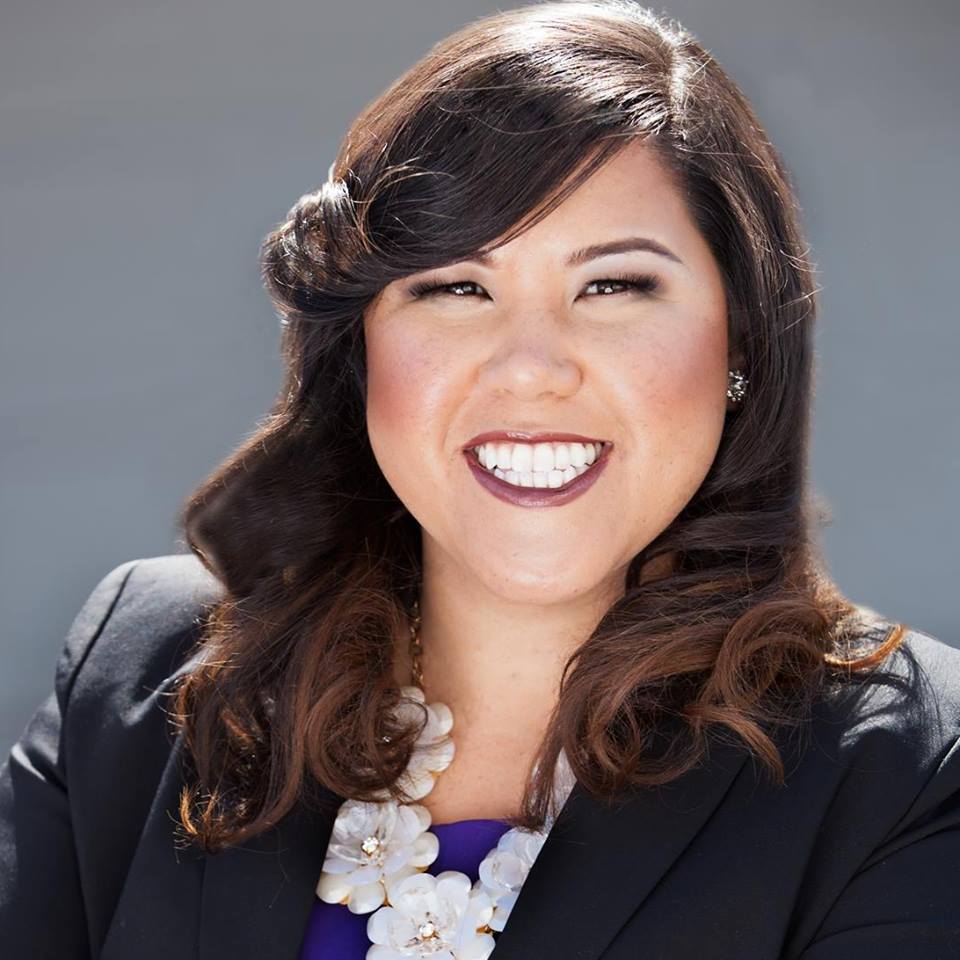Erica Mosca is the Founder and Executive Director of Leaders in Training (LIT), a Las Vegas based non-profit that empowers first-generation college graduates to become diverse leaders that change the world. Leaders in Training offers four years of free tutoring, SAT prep, and leadership training for high school students. In return, the students pledge to return to Las Vegas and/or become stewards of their communities.
As a proud first-generation college graduate herself, Erica is passionate about social justice and education. As of today, Leaders in Training has 8 formal programs, 100+ students, a 100% college acceptance rate and a 100% college persistence rate of all students who started higher education.
Tell us a little bit about your journey. What inspired you to get involved in the work that you’re doing with LIT?
I'm proud to the be first person in my family to graduate from college. I got to Boston University because I participated in a college access non-profit in high school myself. However, my program never discussed educational inequity and that once I got to college there would not be many people who looked like me or came from the same social class. Disillusioned by the inequities I was facing as a college student, I became passionate about education and joined Teach For America in Las Vegas in 2008. As someone who went to 8 different schools growing up myself, is a daughter of an immigrant with a GED and qualified for free-and-reduced-lunch, I joined TFA to empower students like me to reach a destination that mattered them while remaining critically conscious about societal inequities, systemic racism and assets-based about the community.
"Leaders in Training" was my classroom theme and though I left Las Vegas to attend Harvard Graduate School of Education (HGSE) and earn a degree in Education Policy and Management, I returned back after a year and worked in the Clark County School District's Superintendent's Office. Yet, I still talked to my former 5th graders who were now in the 8th grade. Due to the system, they were not going to reach that destination we spent all that time in elementary school dreaming of, working toward and planning for.
So with my own savings and by knocking on all my former students' doors, I started Leaders in Training (now formally known as "LIT") in 2012 by myself and at my placement school where I taught. We had 20 students and one year of program. Today, we have 8 formal programs, 100+ students, a 100% college acceptance rate and a 100% college persistence rate of all students who started higher education. We believe in choice so we are proud one of our students is an E3 Seaman in the United States Navy. Most importantly, however, all students commit to using their education and success to empower their home community or other oppressed communities as social justice leaders. We believe real change will happen when those in positions of power actually reflect people in the community.
What are some of the important lessons you’ve learned along the way?
Some important lessons I've learned is that movements will last when those experiencing the injustice are elevated to positions of power. Whether that means empowering families to execute the fundraisers they want to execute or making sure students are on the hiring panel and have a say in who will be new staff members, partnerships made, etc. - if we want to empower future leaders, we have to empower them now.
I've also learned that things can be done in a different way, LIT does not fit the shiny box of what is a non-profit because we are grassroots, depth vs. breadth and empowerment from parents on the Board of Directors from operations to program. However, when you choose to be different, you have to be ready to explain the vision and purpose of decisions you're making. I've learned people trust difference less even when the decision-maker has experienced the societal inequity the organization is working to eliminate.
What advice do you have for those interested in starting their own non-profit?
Chicken or the egg is always the problem with non-profits. You can't raise money until you have results, but you can't have results until you have a program that shows results. I did not get paid for the first 3 years and always had another job somewhere else. I wish I would have taken a year to fundraise first by crowd-funding friends and colleagues. As people always say, find partnerships and ways to collaborate whether it's partnering with the food bank for your meal services for students or partnering with a school for space, there is always a need each party can fill. Don't be afraid to ask-- I found that a lot of the most relevant help has not been money, but resources, time and connections to others.
What advice do you have for other first-generation students?
Don't forget that you are an anomaly and that the system is setup for the success of a first-generation student to not succeed. Therefore, what is your responsibility to contributing back to change the system for others to have the same opportunity?
What guidance do you have for educators working with these student populations?
Students are already leaders, your job is to facilitate for them to discover, affirm and grow this. Whether it's empowering them to serve food to the homeless on New Year's Eve, or explaining that babysitting their siblings includes a myriad of leadership skills that other students their age may not have, you are empowering them to be critically conscious and understand they are already a leader and can be a change-maker today.
Where do you see yourself in 10 years?
My dream in 10 years is that I will be employed by one of my students. When they are more successful, and more impacting and changing the world in more ways than I could ever have, that's how I know success was reached.
What advice do you have for the current class at Harvard?
What a privilege-- congratulations. Make sure you are critically conscious about structural inequities and systemic racism that exists. You are literally the next-generation of leaders, what are you going to do with this to empower others especially those who are not privileged?
What are some things we wouldn’t learn about you from your resume?
I love rompers, boot camp class and J. Cole!
-----
This interview was conducted by Merisenda Alatorre, HAEd's Communications and Marketing Director, who had the pleasure of meeting Erica at a Teach For America event in Las Vegas.
Want to be featured as our next Alumni Spotlight or know someone who should be featured? Click here to nominate yourself or another alum!

